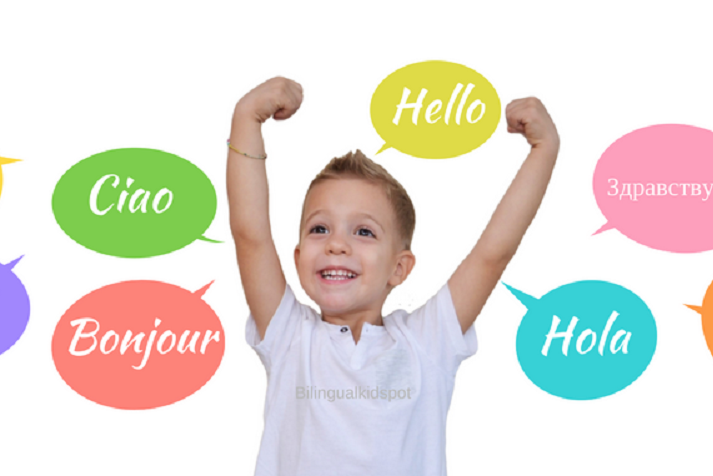“The Art of Being Bilingual”
By: Ellie Burgueño
Being bilingual encompasses more than mere fluency in two languages; it involves grasping two cultures, two nations, two communities, and actively participating in the process. Being bilingual is an art.
In this border region, divided by both a fence and a “wall,” this sentiment resonates strongly. Bilingualism is not an anomaly; it’s prevalent within our population. The unique nature of this binational zone, where people may belong to one side but were raised on the other, has naturally given rise to bilingualism due to the prevailing circumstances and environment.
For many, especially in this Californian border area, bilingualism is so deeply ingrained that it leads to linguistic amalgamation—melding English and Spanish into a linguistic blend known as “Spanglish.”
Although some, especially among US-born Hispanics of the second or third generation, may resist fully embracing a binational culture, adopting their ancestral language, or even shunning it to evade discrimination, being bilingual shouldn’t be a source of shame. The true shame lies in not knowing how to read, write, and speak multiple languages, as is common in the European Union, where most people master four, and sometimes even five or six languages with ease.
In the United States, when a child from a Hispanic household enters school—whether it’s a public school in an underserved area or one with fewer Hispanics—they may, in some cases, become targets of “bullying” or discrimination due to their lack of English fluency. This experience during their adaptation phase can lead many children to grow up feeling that carrying an accent or not speaking fluent English, especially in their early and teenage years, is shameful. This feeling can persist into adulthood, influencing them to avoid speaking Spanish even within their own homes, as these experiences leave deep psychological imprints that are hard to overcome.
However, before succumbing to shame, certain factors must be considered: a) having an accent doesn’t equate to inferiority; it signifies mastery of another language. b) Speaking Spanish doesn’t categorize you as being from a humble background, as many may believe. Mexico, for instance, despite being a developing country, boasts significant economic activity and numerous accomplished individuals. c) Economic studies from the United States and Mexico reveal that bilingual individuals are more competitive and enjoy higher salaries compared to monolingual counterparts. d) Spanish ranks second in the world by the number of native speakers, only trailing Mandarin Chinese. e) Being bilingual expands your network and cultivates a bicultural identity. These are just a few benefits of bilingualism.
I recall my high school days when a nearby hospital offered a medical terminology training program for bilingual students, enabling them to assist in medical interpretation in the emergency room for early graduation credits. Seizing this opportunity, I completed the program at Maryvale Hospital in Phoenix, where I grew up. This one-year experience became invaluable, eventually transforming into a significant source of income.
Bilingualism can yield tangible benefits, such as qualifying for certification in two languages—a specialized skill that commands substantial compensation. Moreover, working as an interpreter-translator between English and Spanish adds a dynamic range of activities and enjoyment.
Across the globe, bicultural communities are renowned, and developed countries strive to create conditions enabling their citizens to master not only one but multiple languages—enhancing their preparedness and competitiveness in a globalized world.
Being bilingual should not be an exception; it should be the norm for everyone. Mastering two languages is not a cause for shame; rather, it is an art and a profound source of pride.
